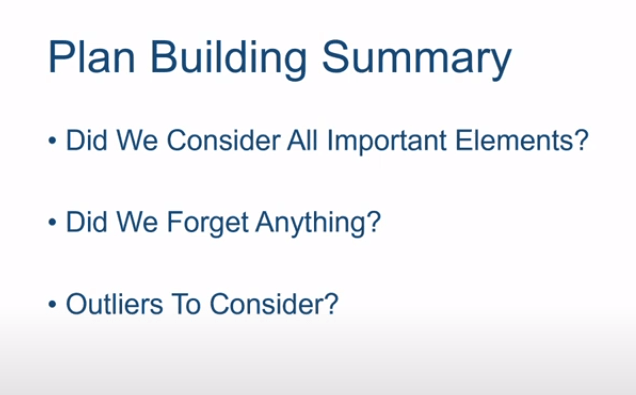Jason Greene held among his first meeting as the head of the Myrtle Beach Downtown Alliance.
The meeting was attended by key, core constituents that included downtown business leaders, a Burroughs and Chapin official, and Karen Riordan, C.E.O. of the Myrtle Beach Area Chamber of Commerce.
While it was clear this was an initial draft meeting, Greene asked the group the following:

FOUNDATIONAL INGREDIENT
The Myrtle Beach Area Chamber of Commerce receives $54 million annually building a tourist database. Data shows that guests who visit here also tend to move here.
How could the MBDA not lead with the data from this database when approaching prospective new investors?
Rather, MBDA leads its value proposition with tax incentives. Tax incentives are wonderful, however, they are of no value to an investor if he can not identify nor know the current customer base for his intended product.
The founders of Google have a slogan, “Data is more valuable than gold.” Facebook, Amazon, Google, and Twitter, are each making fortunes on their databases.
If the almost $1 billion taxpayers have paid to date for this database is not of value, the city should immediately cease funding MBACC with tax dollars.
How can a database help business investors?
A database can be a powerful tool for business owners. By storing and organizing customer data, it allows marketers to understand their audience on a deeper level, which in turn helps them create more effective products and campaigns.
For example, with a database of customer information, marketing managers can segment their audience based on demographics or purchase history. This enables them to create perfect fit products for perfect fit consumers.
Studying the chamber’s database is crucial for any potential investor looking to improve ROI or Net Present Value by leveraging data-driven insights into customer behavior.
How can a database be used to target specific markets?
A database is a powerful tool that marketing managers can use to target specific markets. With the right data, marketers can tailor their messaging and promotions to reach the right people at the right time.
One way to use a database for targeted marketing is by segmenting your audience based on demographics, interests, or behavior. If you have customer data from past purchases or interactions, you can analyze it to find patterns and create segments of people who share certain characteristics. Once you’ve identified these segments, you can customize your products and marketing efforts for each group.
Another way to leverage a database for targeting is through predictive analytics. By applying machine learning algorithms to customer data like purchase history and website activity, marketers can predict which customers are most likely to convert in the future. This allows them to focus their efforts on high-value prospects and reduce wasted ad spend.
Databases also allow marketers to measure the effectiveness of their campaigns by tracking key metrics like conversion rates and return on investment (ROI). By analyzing this data over time, they can continually refine their targeting strategies and improve results.
In short, using a database for targeted marketing helps businesses connect with customers more effectively while maximizing Net Present Value and ROI.
THE ENTIRE MEETING AS BROADCASTED
OPPORTUNITY COST – Another key miss
KNOWING YOUR COMPETITOR
Watching the video above, no mention is ever made about “Who the city’s competition is when it comes to investing.”
While it may be politically incorrect to highlight North Myrtle Beach, Surfside Beach, or Carolina Forest, in reality, a potential downtown investor is weighing those factors when making an investment decision.
Myrtle Beach’s primary competitor may actually be out of state.
What did we miss? Know who your competitors are and how you can differentiate yourself from them. This helps make the critical value proposition for any investor.
OVERALL – A good first effort, but foundationally flawed
The effort by Mr. Greene and his team featured some valuable insight. However, the presentation is foundationally flawed.
Step 1 – should be to know the MBACC database intimately.
Step 2 – define your competitors.
We look forward to the group’s next meeting.
The City of Myrtle Beach anticipates a successful downtown redevelopment transformation under this new leadership.


